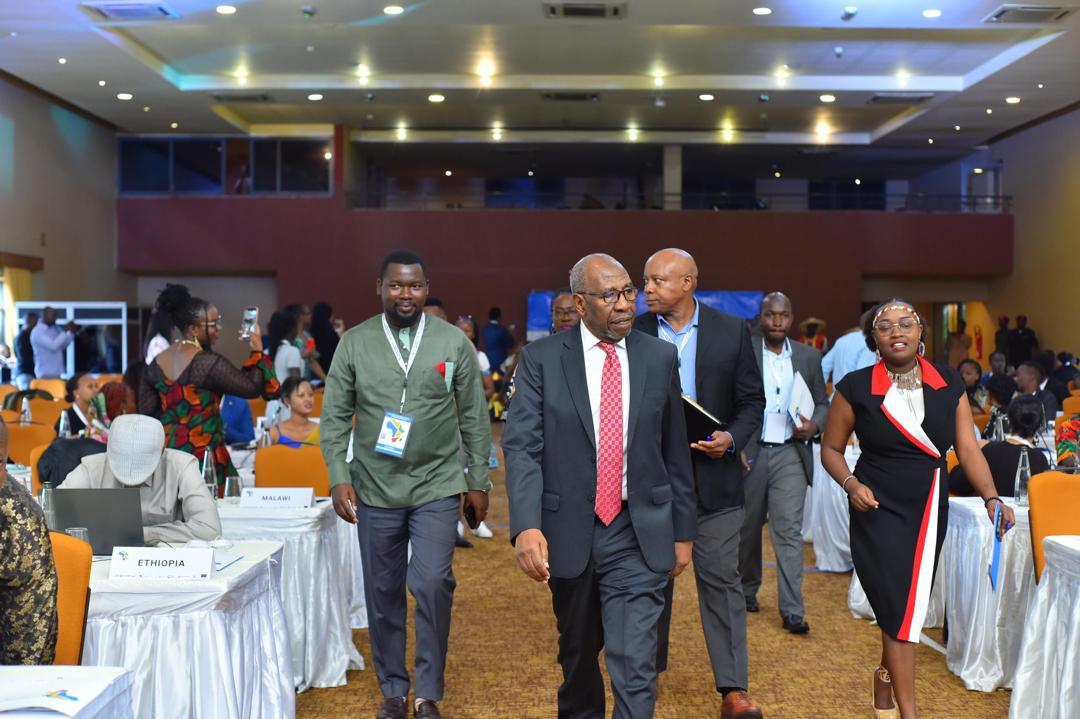Prime
US report stings Uganda on rights abuses

LDU personnel arrest a man during demonstrations at Kasubi in Kampala on June 16, 2020. The US report accuses government of stifling dissenting voices. PHOTO/FILE
What you need to know:
- The report says although the law prohibits arbitrary arrest and detention, security forces often arbitrarily arrested and detained persons, especially opposition leaders, politicians, activists, demonstrators and journalists.
- Brig Gen Falvia Byekwaso, the UPDF spokesperson, yesterday said the claims by the US state department are sweeping statements.
A new report by the US State department has painted a grim picture of Uganda government’s human rights record, re-echoing what civil society and Opposition politicians have for long called targeted brutality against dissenting voices.
Titled ‘2020 Country Reports on Human Rights Practices in Uganda,’ the report points an accusing finger at the police, the UPDF, Local Defence Unit (LDU) personnel and the Uganda prisons for engaging in arbitrary arrests, forced disappearances, torture and extra judicial killings.
“The government was reluctant to investigate, prosecute, or punish officials who committed human rights abuses, whether in the security services or elsewhere in government, and impunity was a problem,” the report reads in part.
It adds that there were numerous reports the government or its agents committed arbitrary or unlawful killings, including torture.
“The law provides for several agencies to investigate, inquire into, and or prosecute unlawful killings by the security forces. Human rights campaigners, however, claimed these agencies were largely ineffective,” the report says.
We were unable to speak to the government spokesperson, Ms Judith Nabakooba, and Mr Ofwono Opondo, the executive director of Uganda Media Centre, to respond to the report. The police spokesperson, Mr Fred Enanga, equally did not respond to our repeated calls.
The UPDF that was implicated in the report said as a national army, any case of indiscipline, if reported, is investigated and if found guilty, the perpetrators are punished.
Army speaks out
Brig Gen Falvia Byekwaso, the UPDF spokesperson, yesterday said the claims by the US state department are sweeping statements. She said UPDF has always been a disciplined army and such allegations will not deter them from protecting Uganda.
“We have always investigated cases when reported against our own soldiers and where they are found guilty, they are punished appropriately. How would we manage to remain an army for the people if we were not disciplined? These sweeping statements will always come but we remain committed to serving the nation,” she said.
According to the report, security forces killed individuals who disagreed with government and those who participated in protests against the government.
Prominent on the list are the forced disappearances of a number of Ugandans, orchestrated by the security forces, which the report says government has never come out to explain itself on.
“Civil society organisations and Opposition activists reported that security forces arrested, beat, and killed civilians as punishment for allegedly violating regulations to combat the Covid-19 pandemic,” the report states.
“Impunity was a problem, and it was widespread in the UPF (Uganda Police Force), UPDF, and the Executive branch. The security forces did not take adequate measures to investigate and bring to account officers implicated in human rights abuses, especially in incidents involving members of the political opposition,” the report added.
Arbitrary arrest or detention
The report says although the law prohibits arbitrary arrest and detention, security forces often arbitrarily arrested and detained persons, especially opposition leaders, politicians, activists, demonstrators and journalists. “While the law requires authorities to inform detainees immediately of the reasons for detention, at times they did not do so. Security forces often held opposition political members and other suspects incommunicado and under house arrest,” the report says.
The report faults the police Media and Political Crimes Unit and the media regulators for monitoring all media spaces and restricting media freedom.
The report says government restricted freedoms of peaceful assembly and association and its failure to investigate or prosecute attacks on human rights defenders and peaceful protesters led to de facto restrictions on freedom of assembly and association.




